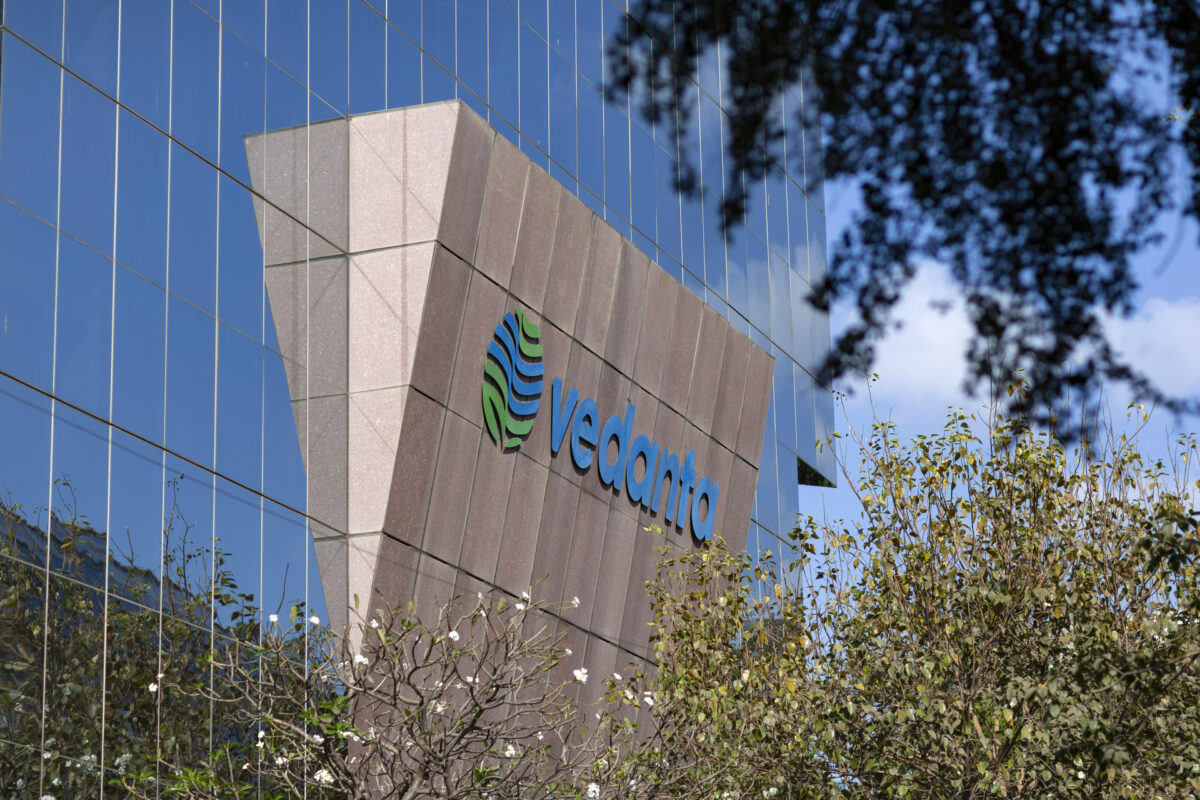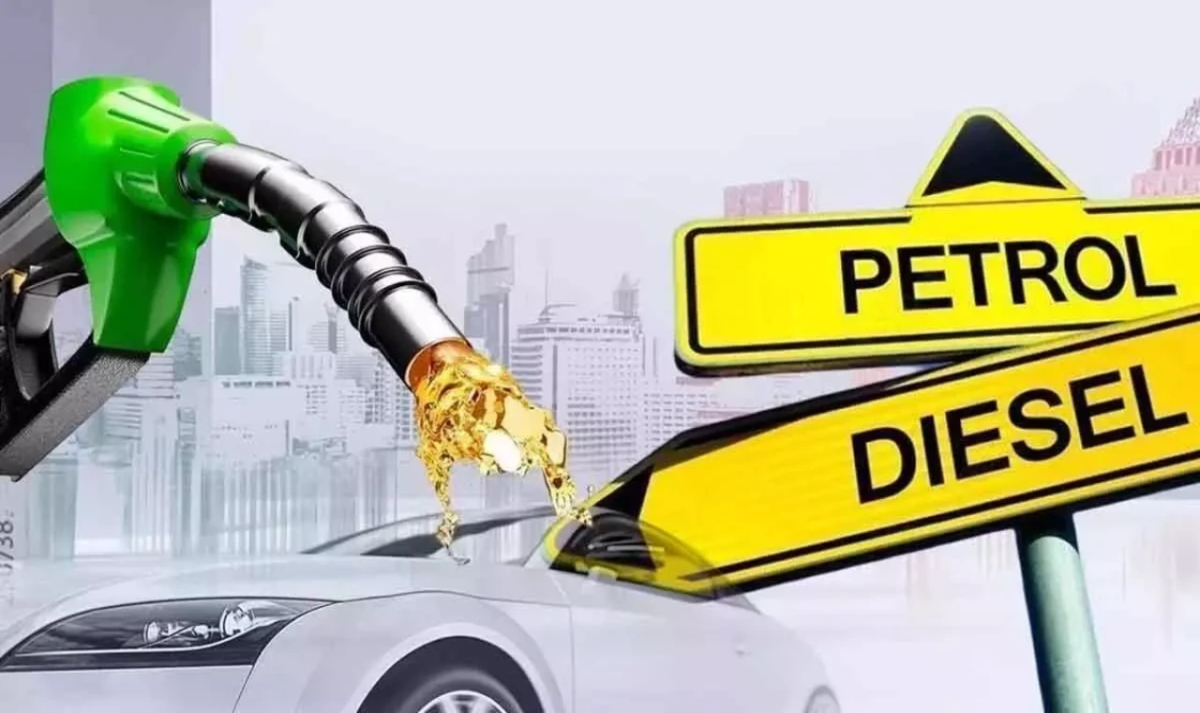Mumbai-listed mining conglomerate Vedanta Ltd is hunting for a global partner for its $20-billion expansion projects spanning multiple segments.
The company, in a statement, said the move aligns with Vedanta’s strategic plans to significantly expand its operations over the next three years, as it restructures into four entities– Vedanta Aluminium, oil and gas, power, and iron and steel.
“We are looking for an experienced global engineering company with experience in engineering, procurement and construction management (EPCM) to implement our projects acting as an extended office to us,” as per the Expression of Interest (EoI) on the company’s official LinkedIn page.
Further, the company said it will spend $20 billion on growth projects in metals and mining and hydrocarbons in the next three years.
These projects are extensions of its existing operations, the company added.
“The interested companies are invited to submit” their relevant experience, profile and current projects under execution, the company said, adding that the “Expression of Interest (is) to be submitted by April 30, 2025.” Diversified natural resources company had earlier said that it has pushed back its demerger by a quarter to June-July.
Vedanta’s Chief Financial Officer Ajay Goel had earlier said the demerger is in the last stage, and the company sees it completed in the month of June- July this year.
The company had earlier said that the demerger was expected to be completed by the end of FY25.
The approval of the demerger proposal will pave the way for the company’s various business verticals to become separate entities.
The mining firm had revised its demerger plan and decided to retain its base metal undertaking within the parent firm.
Vedanta Chairman Anil Agarwal had earlier said the proposed demerger of the company’s diverse verticals, which represent more than 15 commodities, will see it progress from asset managers to asset owners.
As the company passes through the transition phase, Vedanta is focusing on consolidating and strengthening its asset base to emerge as a world leader in each of its verticals, the chairman had said.
After receiving a nod from lenders, the diversified natural resources company moved to the NCLT, seeking a demerger.
According to the company, the demerger will help simplify its corporate structure by creating independent businesses. It will also offer global investors direct investment opportunities in pure-play companies linked to the country’s impressive growth.
Top-notch SEBI registered research analyst
Best SEBI registered Intraday tips provider
Telegram | Facebook | Instagram
Call: +91 9624421555 / +91 9624461555







